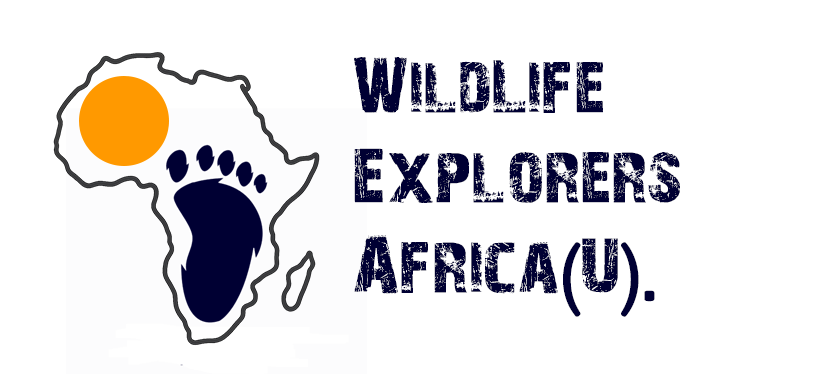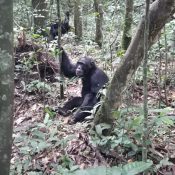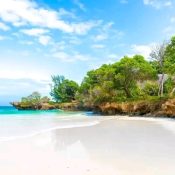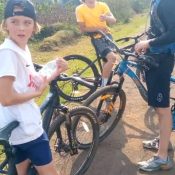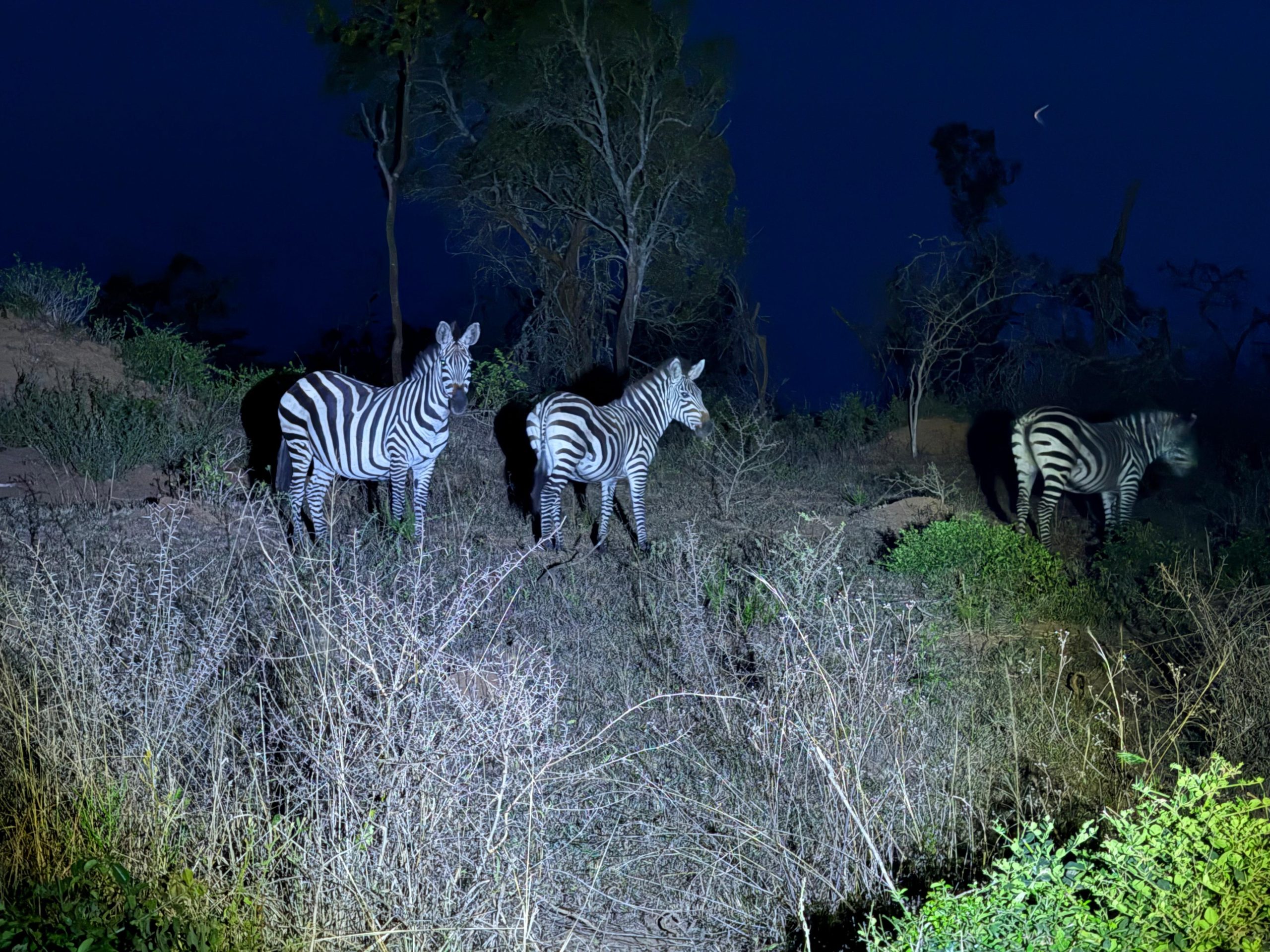
Game Drives in Lake Mburo National Park- The Whispers of the Wild
Lake Mburo National Park is open year-round, but the dry seasons offer the most rewarding safari experiences
Nestled between Masaka and Mbarara in Western Uganda, Lake Mburo National Park is the only park in the country that contains an entire lake within its boundaries. Just 240 km from Kampala and a mere 30 km from Mbarara, this tranquil haven is surrounded by the districts of Mbarara, Lyantonde, Isingiro, and Kiruhura—home to Uganda’s president and a region steeped in pastoral heritage. Explore Africa Through Your Lens
A Landscape of Lakes and Life
Lake Mburo’s rolling hills and open grassy valleys cradle five lakes, with Lake Mburo itself at the heart. These waters attract a dazzling array of wildlife-Impala, eland, waterbuck, klipspringer, zebra, and buffalo, slender mongoose, bush rats, and Topis & Rare sitatungas in the swamps during dry seasons
It’s the only park in Uganda with impalas and boasts the highest concentration of Burchell’s zebra. The park’s acacia hockii trees provide vital forage, especially in dry seasons, and have shaped a unique ecological story. https://ugandawildlife.org/national-parks/lake-mburo/
Conservation in Action
The introduction of Rothschild giraffes from Pian Upe is a landmark conservation success. These canopy grazers now help control the overgrowth of acacia hockii, which once threatened biodiversity. Previously, uprooted trees were distributed to local communities for firewood—a beautiful example of collaborative resource management 3 Days Lake Mburo Special
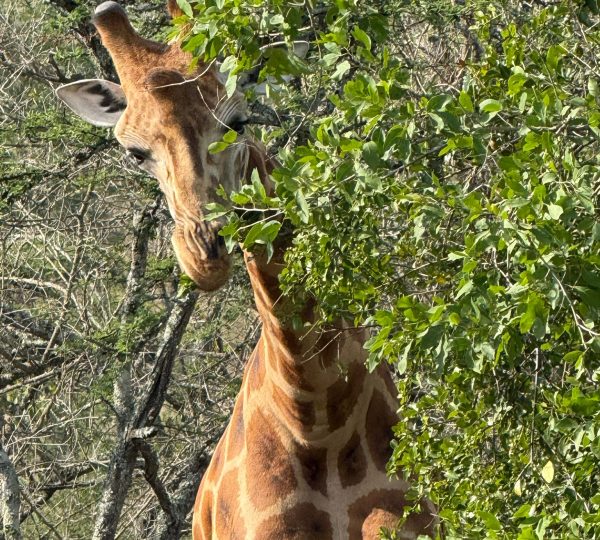
A Curious Blend is where Buffalo Meets Ankole Long horned
Lake Mburo sits at the edge of traditional cattle grazing lands. Here, buffaloes have been known to mate with Ankole long-horned cattle, producing hybrids with cow-like features—a rare and fascinating sight for safari-goers.
While the park has only one lion, it’s home to leopards, best spotted during early morning or night game drives. Hyenas and jackals also roam the savannah, laying silent traps for unsuspecting prey.
Game Drive Tracks and Community Harmony
The park’s most popular tracks—Impala and Zebra tracks—connect to all major gates: Nshara, Sanga gate. These routes offer the richest sightings of zebras, impalas, waterbucks, and topis. All drives eventually lead to local communities, offering travelers a chance to engage with people who live in harmony with nature—an embodiment of community-based tourism and sustainable development. https://igongo.co.ug/
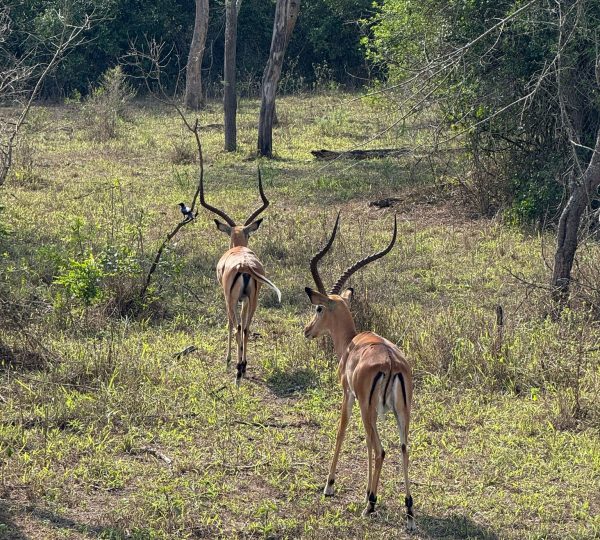
Night Game Drive-The Savannah After Dark
No safari in Lake Mburo is complete without a night game drive. After dinner at your lodge, embark on a 2–3-hour journey into the nocturnal world of the savannah. This is when the wild truly whispers, we expect your game drive to be fruitful spotting Leopards on the hunt would be our five-star sighting, Kavirondo bush babies and Senegal galagos, spotted hyenas, black-backed and side-striped jackals, White-tailed mongooses-our well experienced wildlife encyclopedia together with Uganda wildlife Guides helps to make your game drive so magical.
These rare encounters leave lasting impressions—moments etched into memory, where the silence of the night is broken only by the rustle of predators and the calls of elusive creatures. https://www.safaribookings.com/mburo
Lake Mburo National Park is open year-round, but the dry seasons offer the most rewarding safari experiences.
Best Time to Visit Lake Mburo National Park
Dry Seasons (Best for Game Drives & Walking Safaris) in months of January to February and June to August
During these months Wildlife gathers around lakes, swamps, and salt licks, making sightings easier, Tracks are dry and safe for driving and walking safaris, Leopards, zebras, impalas, and giraffes are more visible, Night game drives are especially rewarding
Wet Seasons (Scenic but Slippery) and this experienced in months of March to May and September to November
These months bring lush greenery and dramatic skies, but-Tracks may be slippery, some animals disperse into thicker vegetation and Walking safaris can be challenging
Where to Stay- Lodges & Camps in Lake Mburo National Park and Around.
Lake Mburo offers a range of accommodations that blend comfort with community charm. Advance booking is essential, especially in high season
Kigambira Safari Lodge which offers Luxury, lake views, eco-friendly, Kigarama Wilderness Lodge -Proximity to park, serene setting, Mihingo Lodge offering Hilltop views, infinity pool, wildlife at waterhole, Rwonyo Rest Camp Budget-friendly, close to park HQ, Mantana Tented Camp giving out Rustic charm, immersive bush experience, UWA Hostels Affordable-managed by Uganda Wildlife Authority and Mbarara City Hotels-the Urban comfort, growing hospitality scene
How to Get to Lake Mburo National Park
Lake Mburo is one of Uganda’s most accessible parks—strategically located along the western tourism circuit, making it a perfect stopover en-route to Bwindi, Queen Elizabeth, or Mgahinga.
The park can be accessible By Road Distance from Kampala: Approximately 228 km, it takes around 3 to 4 hours, depending on traffic and road conditions
Take the Kampala–Masaka–Mbarara highway, a scenic drive through central and southwestern Uganda
The destination can be accessed using different Park Entry Gates
You can enter the park through two main gates-Nshara Gate-Located 13 km past Lyantonde, ideal for travelers coming from Masaka and Sanga Gate: Accessible via Sanga Trading Center, about 27 km from Lyantonde
Both gates offer access to the park’s main tracks and are well-marked for easy navigation.
For a quicker and more scenic arrival-Domestic Flights: Available from Entebbe International Airport or Kajjansi Airstrip
Charter Flights Can be arranged to Mihingo near the park—advance booking is essential
Air travel is ideal for luxury travelers or those connecting from other national parks via fly-in safaris. How to Access Kisoro & Bwindi Impenetrable National Park-The Mountain Gorilla destination
What to Pack for a Safari in Lake Mburo National Park
Whether you’re heading out for a day game drive or a night safari, being well-prepared ensures comfort, safety, and unforgettable moments. The following are your essential checklist:
Clothing & Protection
- Safari hat-Wide-brimmed to shield from sun and dust
- Lightweight, neutral-colored clothing: Long sleeves and trousers for sun and insect protection
- Sturdy walking shoes or boots: Ideal for walking safaris and uneven terrain
- Rain jacket or poncho: Especially useful during wet seasons
Gear & Gadgets
- Camera: Capture the magic—wildlife, landscapes, and cultural moments
- Binoculars: Spot distant animals like giraffes, sitatungas, or leopards
- Power bank: Keep your devices charged during long drives
Health & Safety
- Insect repellent: Essential for keeping mosquitoes and tsetse flies at bay
- First aid kit: Include band-aids, antiseptic, painkillers, and any personal medication
- Sunscreen & lip balm: Protect against sunburn and dry air
Essentials
- Backpack or daypack: To carry your gear comfortably
- Reusable water bottle: Stay hydrated in the savannah heat
- Snacks: Energy bars or dried fruit for long drives
- Travel documents: ID, permits, and booking confirmations
Optional but Useful
- Field guidebook: Learn about the flora and fauna you encounter
- Notebook or journal: For jotting down sightings or reflections
- Flashlight or headlamp: Handy for night game drives or lodge use
Recent Posts
In Bwindi’s mist, every chimpanzee counted in the Census.” Where gorillas and chimps share one wild home
Diani Beach- Adventure begins where the sand meets the sea
Discover Western Uganda Like Never Before
Tags
Quick booking process
+256 782 467457
